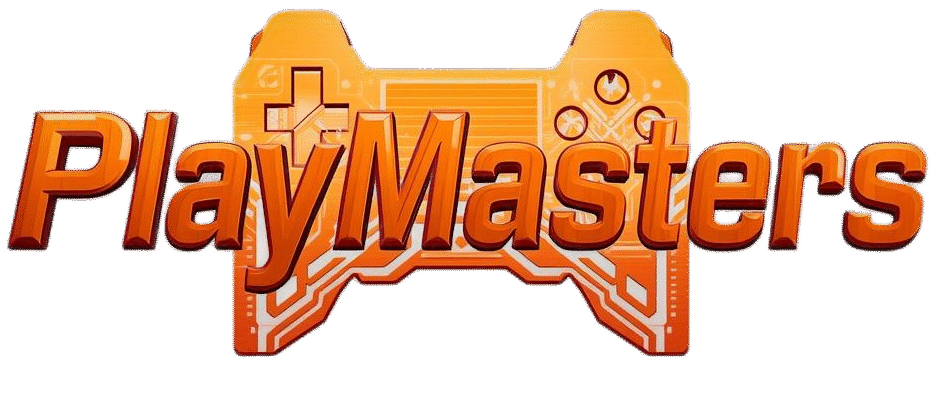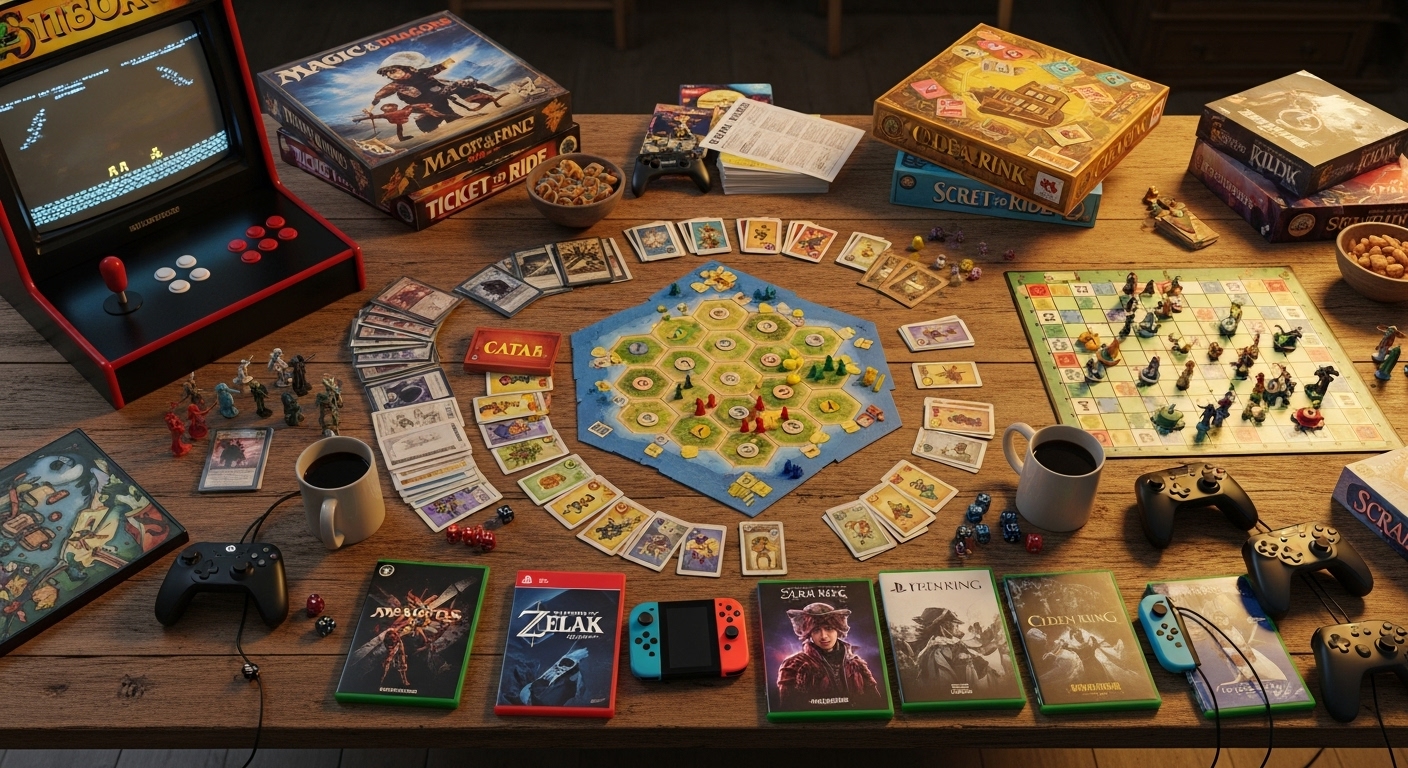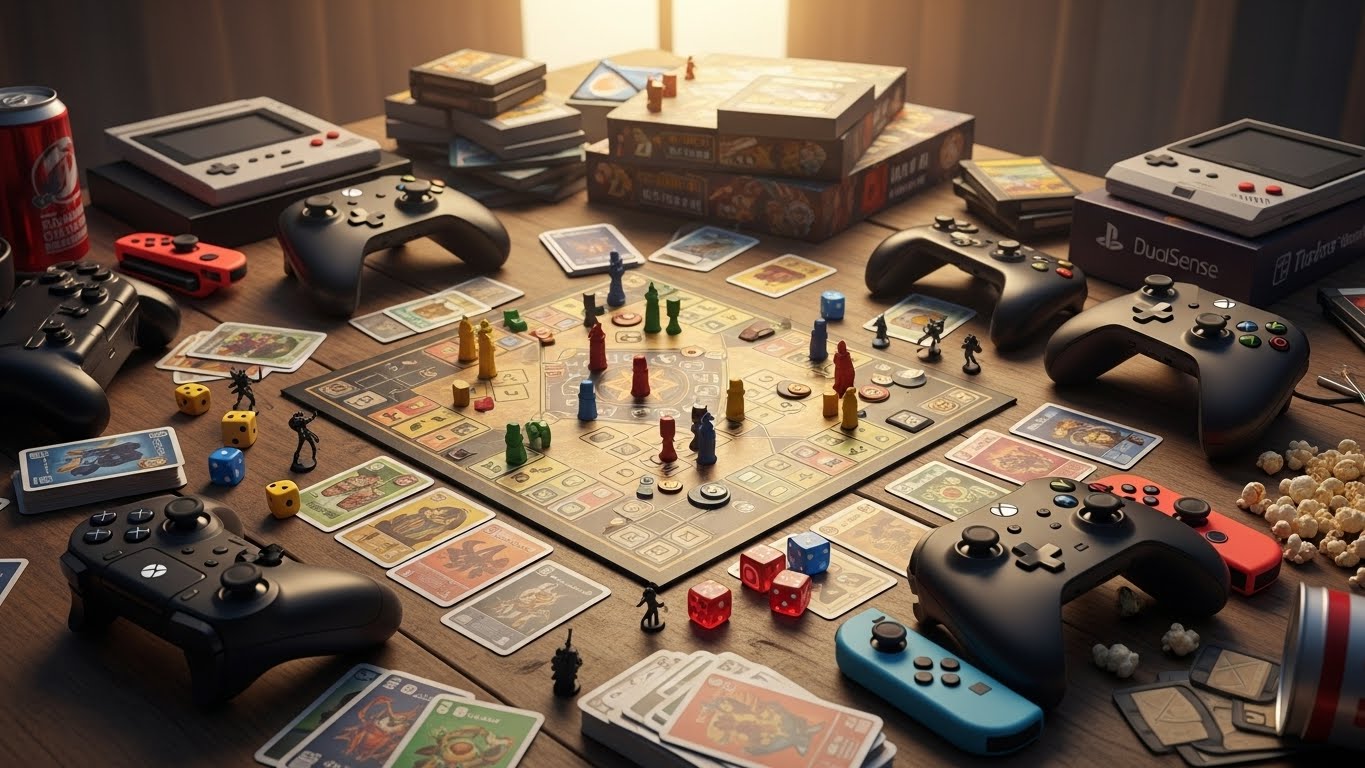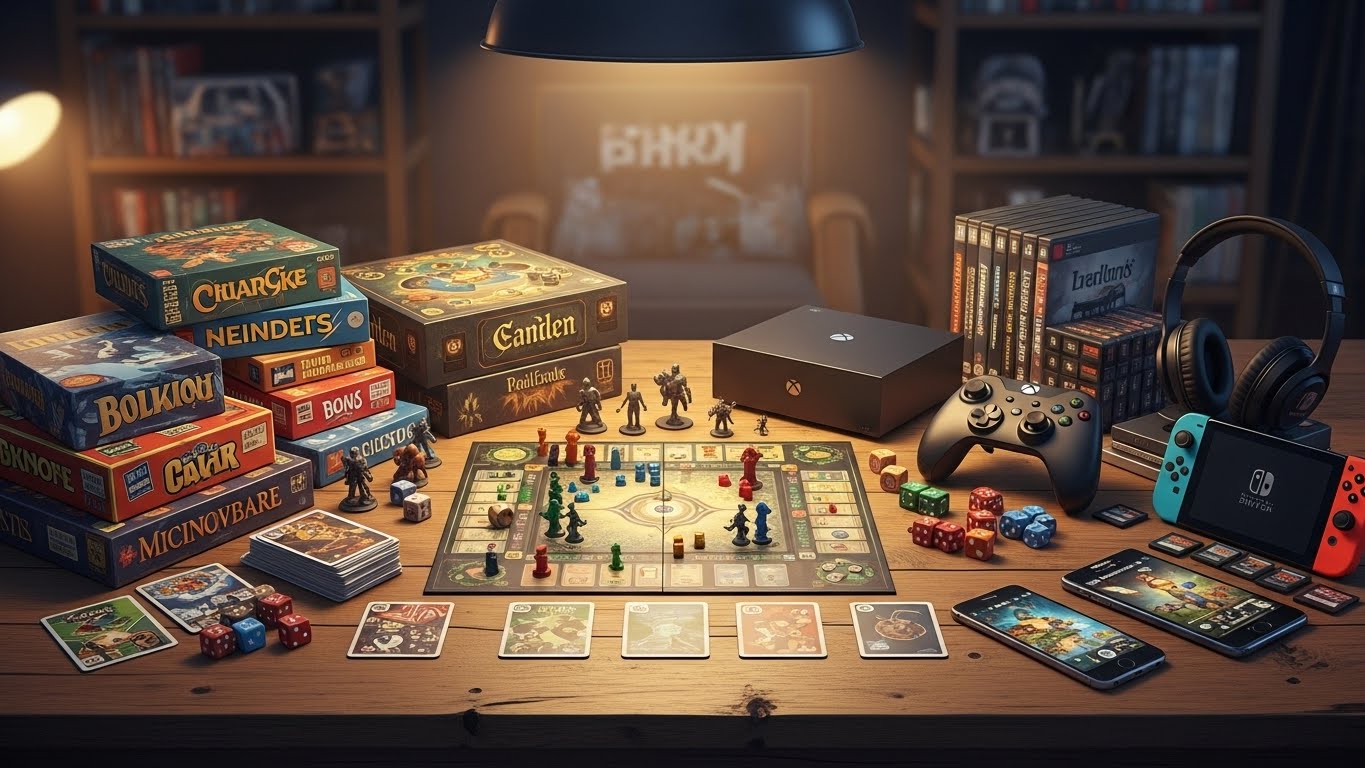Introduction: The Revolution of Gaming
Video games have long since evolved from being a mere hobby to a cultural juggernaut. What once started as simple pixelated screens in arcades has transformed into immersive worlds where players can explore, compete, and collaborate. The impact of video games today extends far beyond entertainment; they influence social dynamics, mental health, education, and even the way we tell stories. In this blog, we will delve into the significance of video games in modern society, how they’ve shaped the entertainment industry, and what the future holds for gaming.
The Growth of the Gaming Industry
In the early days of gaming, players were limited to basic machines that could only offer rudimentary experiences. The first generation of games like Pong and Space Invaders was simple but groundbreaking. It wasn’t long before consoles like the Atari 2600 and Nintendo Entertainment System (NES) brought video games into the living room. This was a pivotal moment, as it meant that gaming was no longer confined to arcades; it could be enjoyed at home by anyone, regardless of age.
By the 1990s, the arrival of 3D graphics and powerful consoles like the PlayStation and Nintendo 64 took gaming to new heights. Games like Super Mario 64 and The Legend of Zelda: Ocarina of Time not only introduced players to visually captivating worlds but also brought about more complex storylines and open-world exploration. These innovations paved the way for the gaming industry to expand, drawing in millions of new players and turning gaming into a mainstream form of entertainment.
Today, the global gaming market is worth billions, with platforms ranging from consoles to mobile phones, and a diverse range of game types that cater to various interests. Gaming has evolved into an industry that includes not only developers but also streamers, esports players, and content creators who shape how games are played, viewed, and discussed. The growth of gaming as an industry reflects how deeply it has woven itself into the fabric of modern entertainment.
The Social Influence of Video Games
One of the most significant aspects of modern gaming is its ability to bring people together. Multiplayer games, particularly those available online, allow players to interact with others around the world. Games like Fortnite, Call of Duty, and League of Legends have turned gaming into a global community, where players team up, compete, and form bonds.
The social aspect of gaming is often overlooked, but it has an undeniable impact. Multiplayer games have created a space where people from different backgrounds can connect over shared experiences, form friendships, and even collaborate professionally. Esports, for example, has risen from casual tournaments to become a multibillion-dollar industry, with professional teams, massive sponsorships, and live streaming platforms like Twitch making it easier for players to engage with fans.
For many, video games are a way to escape, but they also provide a sense of belonging. Whether you’re playing a cooperative game with friends or participating in a massive online battle with strangers, games create a space for collaboration and competition that is often absent in other forms of entertainment.
The Role of Storytelling in Gaming
Gaming has evolved beyond just gameplay. The stories told within video games have become a vital part of the experience, with many titles now rivaling films and literature in terms of narrative depth. Games like The Last of Us, Red Dead Redemption 2, and The Witcher 3: Wild Hunt feature intricate plots, complex characters, and emotional arcs that captivate players and provoke thought.
What makes gaming different from other forms of storytelling is its interactivity. The player isn’t just an observer; they are an active participant in the narrative. Decisions made in games often have real consequences, influencing the course of the story and leading to different outcomes. This level of engagement allows players to form a personal connection to the narrative, making their experiences in the game world feel more impactful.
The rise of narrative-driven games has helped shift perceptions of gaming, showing that video games can be a powerful medium for storytelling. As technology continues to advance, we can expect even more immersive narratives that incorporate branching storylines, player choices, and emotional depth. Gaming, in many ways, has evolved into an interactive form of cinema, where players are the heroes of their own stories.
Gaming as a Tool for Education
While video games are often seen as a form of entertainment, they also hold significant educational value. The use of games in educational contexts has been growing in recent years, with many games designed to teach critical skills such as problem-solving, teamwork, and strategy. Games like Minecraft are used in classrooms to encourage creativity and collaboration, while games like Kerbal Space Program have been used to teach the principles of physics and engineering.
Educational games are no longer limited to those designed explicitly for learning. Many popular games incorporate elements that promote learning without the player even realizing it. Strategy games like Civilization or SimCity encourage critical thinking and planning, while games like Portal and The Legend of Zelda challenge players to think creatively and solve puzzles.
The potential for gaming in education is vast, and as technology improves, we will likely see even more educational opportunities within video games. By engaging students in interactive, fun experiences, games can make learning more enjoyable and accessible for a wide range of learners.
Mobile Gaming: The Shift to On-the-Go Play
The rise of mobile gaming has dramatically changed the way people play games. With the ubiquity of smartphones, games are now available to anyone at any time, regardless of location. Mobile games such as Candy Crush Saga, Pokémon GO, and Clash Royale offer quick, engaging experiences that can be enjoyed during a commute, a break at work, or while lounging at home.
Mobile gaming has also introduced new genres and gameplay styles. Augmented reality (AR) games like Pokémon GO take advantage of the smartphone’s camera and sensors to bring virtual characters into the real world, blending the lines between physical and digital spaces. This has opened up new possibilities for gameplay that were previously not possible in traditional gaming formats.
With the rapid growth of mobile gaming, it’s clear that gaming is no longer just confined to consoles or PCs. The accessibility and portability of mobile games have made gaming available to a wider audience, and this trend is likely to continue in the coming years.
The Future of Gaming: What Lies Ahead?
The future of gaming is incredibly exciting, with new technologies on the horizon that will continue to shape how games are played and experienced. Virtual reality (VR) and augmented reality (AR) are poised to take gaming to new levels of immersion, allowing players to step into fully realized digital worlds or interact with digital elements in the real world.
The rise of cloud gaming is also changing the landscape. Services like Google Stadia and Xbox Cloud Gaming allow players to stream games directly to their devices without the need for high-end hardware. This has the potential to make high-quality gaming more accessible, especially to those who may not have the latest gaming consoles or PCs.
Artificial intelligence (AI) is another area that will revolutionize gaming. AI can create smarter, more dynamic game worlds, where non-playable characters (NPCs) react to player behavior in increasingly realistic ways. This could make every player’s experience unique, as games adapt to how they play and what they want to achieve.
Conclusion: Gaming’s Endless Possibilities
Video games are more than just a form of entertainment—they are an art form, a social platform, and a tool for education. The gaming industry continues to grow, innovate, and redefine what it means to play. From interactive storytelling to educational tools and global communities, video games offer something for everyone.
As technology advances, gaming will only become more immersive and inclusive. Whether you’re a casual player or a die-hard fan, the future of gaming holds endless possibilities. Video games have already transformed the way we play and connect with others, and as the industry evolves, there’s no telling how far the impact of gaming will go. The journey has only just begun, and the best is yet to come.




